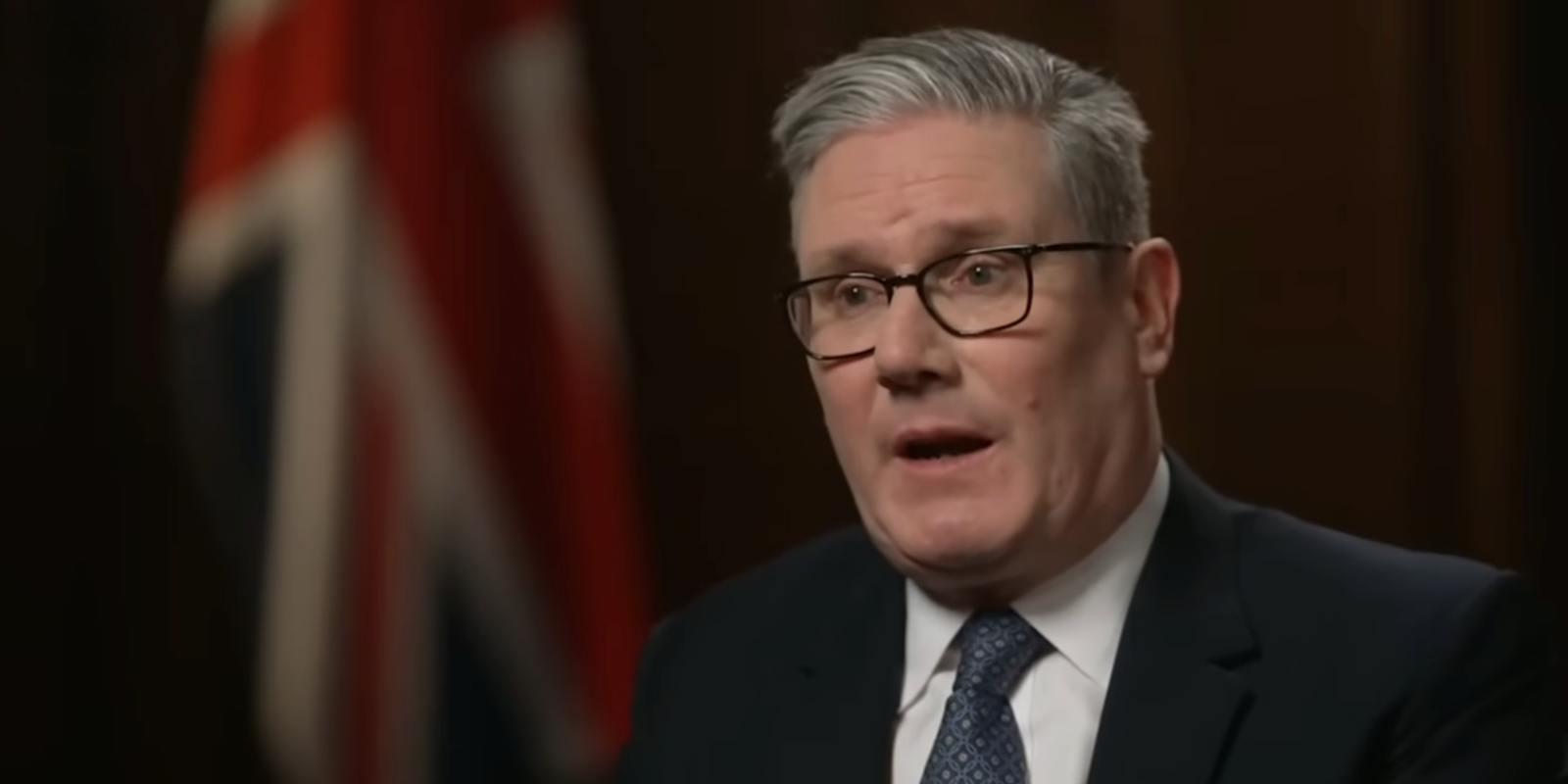Robert Redford and Paul Newman aren’t in on it this time, but The Sting has become a key weapon in stateside anti-terror efforts. Last week a 68-year-old Pennsylvania man named Ronald A. Grecula went to Houston. He told the men he had arranged to meet there that he had “no loyalty for America.” Blaming the government for his losing a custody battle for his children, Grecula was prepared to build a bomb and sell it to al Qaeda for use in the United States.
But the men Grecula met were undercover FBI agents. Grecula is now under arrest.
Last August, Yassin Aref, imam at the Masjid Al-Salam in Albany, N.Y., was arrested along with one of the mosque’s leaders, Mohammed Hossain. They were allegedly involved in a money-laundering scheme connected to a plot to kill Pakistan’s ambassador to the United Nations with a shoulder-fired missile. But they were also dealing with FBI agents.
Two months later in Nashville, an Iraqi named Ahmed Hassan Al-Uqaily, who had spoken to a friend about “going jihad” and planning to “blow something up,” took $1,000 out of the bank. According to the Justice Department, Al-Uqaily made inquiries about buying “four grenades and two handguns. … Al-Uqaily told the individual he wanted two or three machine guns with clips and bullets, as well as ‘missiles.’” But this again was a sting.
Another sting led to the August 2003 arrest of Hemant Lakhani, who got caught trying to sell missiles to jihad terrorists. And in March 2004, Ilyas Ali, an American citizen, and Muhamed Abid Afridi, a Pakistani, pleaded guilty to plotting to sell Stinger anti-aircraft missiles to al Qaeda and the Taliban. They too were dealing with undercover agents.
It seems as if whenever a would-be jihad terrorist wants to plot mayhem in the United States, he runs into an FBI agent. But each of these cases also suggests that a day may come in which jihad terrorists actually succeed in buying missiles. There is an unknown number of Muslims in America who are actively plotting the deaths of Americans and the destruction of American institutions—despite the denials of groups like the Council on American Islamic Relations and the silence of media outlets anxious to appease those groups. Media attention tends to focus not on the presence of Muslims with violent jihadist sympathies in the United States, but on the discomfort and pain that law enforcement operations cause for American Muslims.
Unless all these men caught in stings have been framed—as some of their defenders have claimed—their arrests are evidence that that focus is misplaced. After all, virtually every day the news brings us more curious little details: In September 2004, a man arrested by American authorities was found to have a computer disc containing a crisis management plan for the San Diego Unified School District. In April 2005, firefighters conducting a routine inspection in a Brooklyn supermarket found 200 automobile airbags and a room lined with posters of Osama bin Laden and beheadings in Iraq. An element in the airbags can be used to make pipe bombs. That same week a 19-year-old resident of New York state, Mark Robert Walker, pleaded guilty to charges of trying to aid a terrorist organization. According to the Rochester Democrat & Chronicle, “prosecutors determined Walker, who also used the name ‘Abduallah,’ was an administrator of an Islamic Web site that supported the terrorist group Al-Ittihad Al-Isiami.” One official remarked that Walker seemed “like a lost guy who got obsessed with jihad.”
As long as there continue to be men in America who are “obsessed with jihad,” we can be grateful that the sting operations seem to be going so well. What would complement them perfectly at this point would be a searching and honest public debate about what has made them necessary: What makes young men “obsessed with jihad” in the first place? Only then can we afford to be confident that officials are dealing with the cause, and not just the symptoms, of our present troubles.





